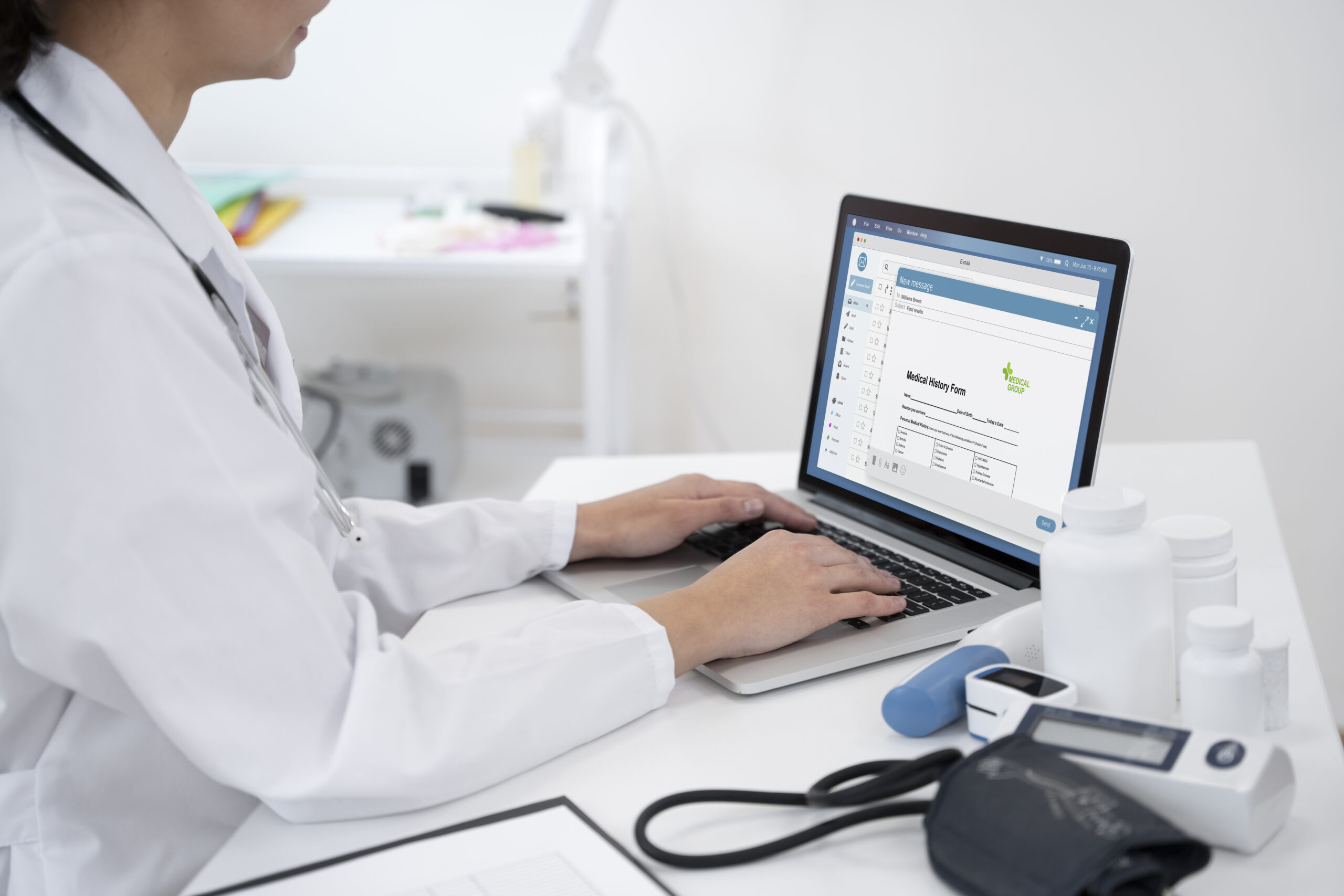Mistakes are quite common during data entry in clinical trials. Afterall, it is human to err! In fact, data errors in clinical trials due to double entry method ranges from 2.3% to 26.9%! So, the importance of data validation in clinical trials cannot be overstated as every data point holds the potential to shape research and patient care. Ensuring the accuracy, reliability, and integrity of trial data is not just a regulatory requirement but also a fundamental ethical necessity in clinical research.
Data validation serves as the cornerstone of evidence-based medicine, providing the assurance that findings derived from trials are credible, and actionable. As the demand for rigorous scientific evidence continues to grow, so does the need for effective strategies to enhance data validation in clinical trials. By adopting best practices and leveraging innovative technologies, researchers and organizations can strengthen their validation processes, minimize errors, and uphold the highest standards of data quality.
Today, let us discuss a few best practices that can ensure data validation in clinical trials.
Best Practices for Data Validation in Clinical Trials
Here are some best practices to bolster data validation in clinical trials:
a). Clear Protocol Development: Establishing a clear and comprehensive protocol is the foundation of effective data validation in clinical trials. Define specific data endpoints, criteria for participant selection, and methodologies for data collection to minimize ambiguity and errors.
b). Training and Standardization: Thoroughly train the professionals involved in data collection and validation procedures to ensure consistency and adherence to protocols. Standardize data collection tools and procedures across sites to mitigate variations in data quality.
c). Real-Time Monitoring: Implement real-time monitoring systems to detect and address data discrepancies promptly. Utilize electronic data capture (EDC) systems and automated alerts to identify outliers and inconsistencies for timely resolution.
e). Source Data Verification (SDV): Conduct regular source data verification to validate the accuracy of data recorded in trial documents against original source documents. Verify key data points such as patient demographics, medical histories, and treatment outcomes to maintain data integrity.
f). Risk-Based Monitoring (RBM): Employ risk-based monitoring strategies to prioritize resources and focus efforts on critical data elements and high-risk areas. Utilize risk assessment tools to identify potential sources of error and implement targeted monitoring activities accordingly.
g). Validation Checks and Edit Checks: Incorporate validation checks and edit checks into data collection forms and electronic databases to enforce data accuracy and completeness. Implement range checks, logic checks, and consistency checks to flag erroneous or inconsistent data entries.
h). Data Cleaning and Query Resolution: Establish robust data cleaning procedures to identify and resolve discrepancies in trial data. Implement systematic processes for query generation, tracking, and resolution to ensure data completeness and accuracy.
i). Independent Review and Audit: Conduct independent reviews and audits of trial data by qualified professionals to validate data integrity and compliance with regulatory requirements. Utilize audit trails and documentation to ensure transparency and accountability.
j). Continuous Improvement and Quality Assurance: Foster a culture of continuous improvement and quality assurance within the clinical trial team. Regularly evaluate data validation processes, identify areas for enhancement, and implement corrective actions to optimize data quality and reliability.
k). Regulatory Compliance and Documentation: Adhere to regulatory guidelines and requirements pertaining to data validation in clinical trials. Maintain comprehensive documentation of validation activities, audit findings, and corrective actions to demonstrate compliance and facilitate regulatory submissions.
By adhering to these data validation best practices, stakeholders involved in clinical trials can strengthen processes, mitigate risks, and uphold the highest standards of data integrity and reliability.
Data validation stands as a linchpin in the foundation of clinical research, safeguarding the integrity and reliability of trial findings. By embracing best practices such as clear protocol development, real-time monitoring, and continuous improvement, you can fortify their validation processes and instill confidence in the validity of their results.
Accelerate and elevate your clinical trials with our Clinical Data Management services. From planning to implementation to reporting to archiving, we make sure that your data is safe and complies with the regulations. Please do visit www.inductivequotient.com for more information on how we can empower your clinical trials with our CDM services. You can also reach out to our CDM experts at hello@inductivequotient.com.

